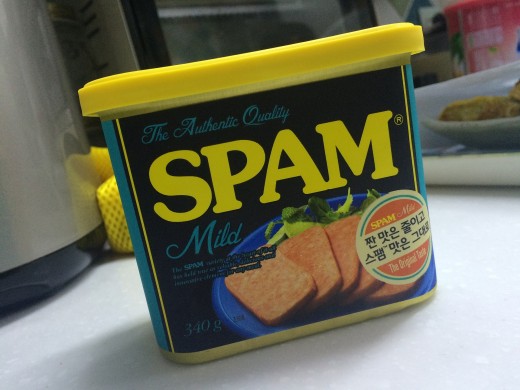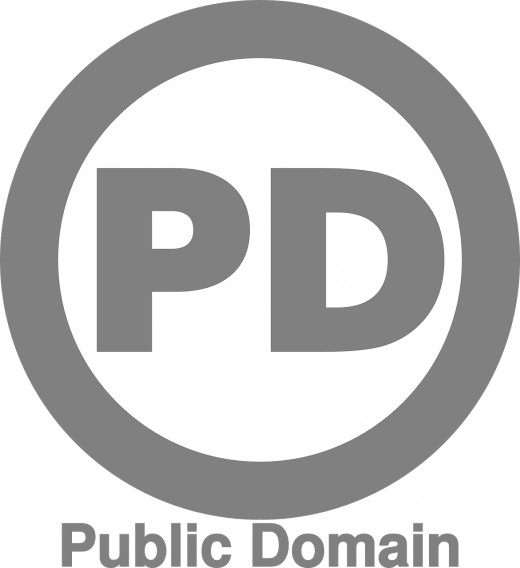Writer's Use of Trademarks
As a writer, you must be cognizant of how important a trademark is to a company, how to properly use it, when not to use it, and understand the ramifications of misusing it. "Spam vs. Spa'am"" by Frank Sennett (Writer's Digest Nov. 1995) details the circumstances surrounding Hormel's lawsuit to force Jim Henson Productions to change the name of one of its Muppets from Spa'am.
It seems Hormel took offense to the name being used in the movie The Muppet's Treasure Island for one of it's wild-boar villains. They are quoted as saying "[Spa'am is] an unsavory-appearing feral pig" and claimed that Henson Productions "has portrayed the Spa'am character to be evil in porcine form."
Hormel was also protesting Henson Productions plans to put the character on boxes of cereal and McDonald's Happy Meals. The Writer's Digest article used this case as an example of how a company might react to the parodization of one of their trademarks. Even though Hormel's suit was defeated on September 22, 1995, the only assured protection is to check with the company and get their permission in writing, however keeping the parody neutral will reduce the likelihood of a negative reaction.
Surrounding the article, which spanned six pages (54-59), were advertisements by companies trying to ensure that writer's are properly using or not using trade names. Weed Eater is a trademark of Poulan and not a generic term for a weed trimmer; Kleenex is protected name for tissues or diapers; Xerox is an original, not a copier. Other companies profiled were Nabisco, W.L. Gore & Associates Inc., Whirlpool, 3M, Weight Watchers, and Frigidaire.

These companies have learned from the past mistakes of other companies who have lamented on the enforcement of their trademarks and have lost them. Day-Glow (Writer's Digest Trademark Update June 1995) once expended money and resources to promote their Blaze Orange as the defacto color of safety standard for traffic cones and safety vests. The resulting unrestrained misuse of the name caused them to be denied trademark registration as it was deemed to be in the public domain.
Though no longer a department in Writer's Digest, it served both as an income producer and an educational resource. They sold advertising (that has since disappeared) to companies interested in a low cost protection of their trademarks from writing blunders and educated writers on the importance and dangers of trademark misuse.

This article is accurate and true to the best of the author’s knowledge. Content is for informational or entertainment purposes only and does not substitute for personal counsel or professional advice in business, financial, legal, or technical matters.



